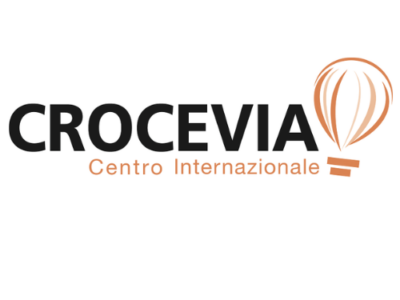Crocevia is a Rome-based NGO founded in 1958. For over 60 years, Crocevia has worked together with local communities in education, communication, and rural development, promoting and realizing international cooperation projects in the Middle East, Asia, Africa,
and Latin America.
In the ’80s Crocevia covered more than 80 countries with rural development projects, supporting the autonomy and self-organization of the peasants and rural communities to face the structural adjustments policies that constituted the main paradigm of action of the Bretton Woods institutions towards the Global South.
In the ’90s, national policies on rural development started to be defined at the global level, with the Uruguay Round and the subsequent Marrakech agreement – which gave birth to the World Trade Organization. In this context, the small-scale food producers’ organisations started adapting their strategy, organising themselves at a trans-national level and giving birth to global social movements such as La Via Campesina. It is in this context that Crocevia started to withdraw from the classical field projects to provide support to the Peasants
organisations in the space of global governance of agriculture. In 1996 and 2002, Crocevia organised the Civil Society Organisations’ parallel forums to the FAO World Food Summit. It is during these events that was created, and later formally established, the International Planning Committee for Food Sovereignty. The IPC constitutes a mechanism that facilitates the interaction between social movements, COs and Non-Governmental Organisations with regard to the FAO and other UN agencies working on food security and nutrition issues (FAO,
IFAD, WFP). Due to the prominent role played in bringing together the voices of the world’s small-scale food producers, Crocevia was appointed as International Focal Point for the IPC in 2002 and then, since 2012, as International Secretariat of the IPC.

 Ana Carolina Marciano
Ana Carolina Marciano